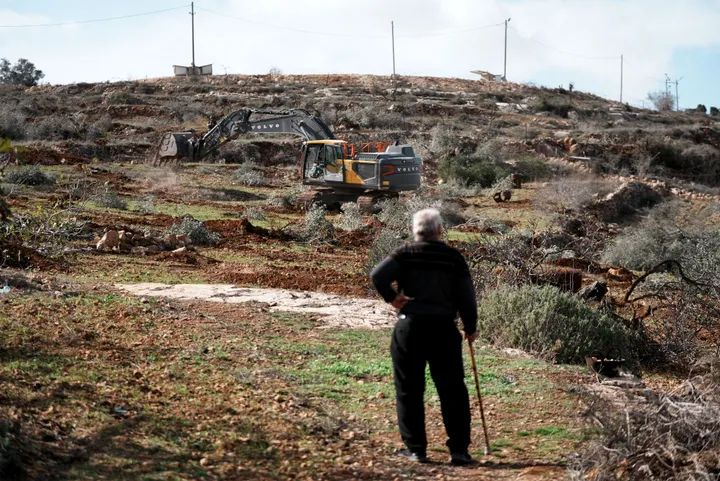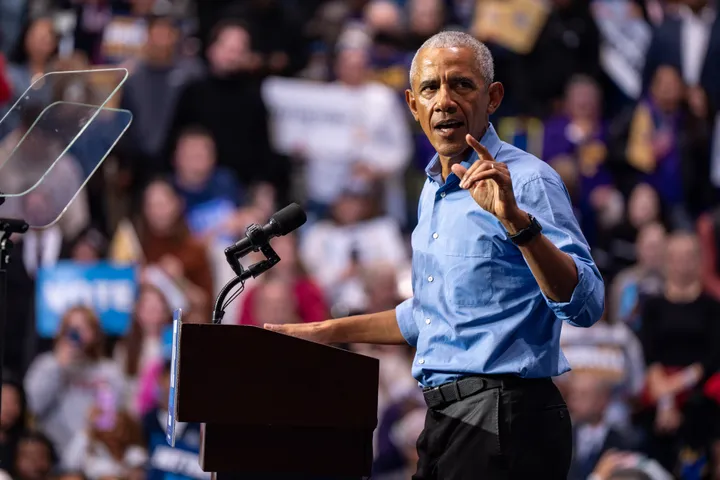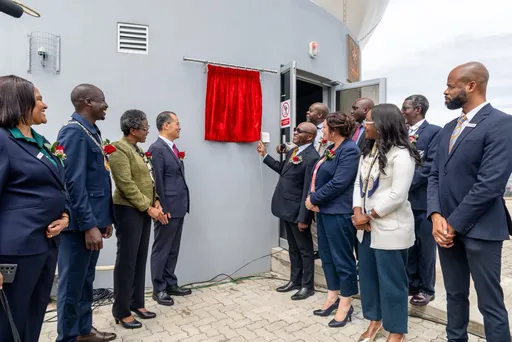By Abdulwasiu Hassan
Something about airports conjures a sense of anticipation and perpetual motion.
The bustling terminals, the hustle of airline staff, the blur of random faces hurrying through polished floors, and the distant hum of planes taking off or landing are all part of an experience unique to air travel.
In Nigeria, airports are mushrooming across states at the initiative of subnational governments that see them as drivers of economic and social development, while the opposing school of thought is that most of these projects are white elephants.
The latest to join the airport assembly line is the northwestern Zamfara State.
"The potential economic benefits and multiplier effect of the Gusau airport project are enormous. Once completed, it will tremendously impact the ease of doing business and other spheres of development and travel," Governor Dauda Lawal of Zamfara State said at the project's launch.
"The airport will open direct air access to our state and eliminate the difficulties our businesspeople often encounter in exporting and importing goods and services."
The airport is expected to be built within 30 months.
Unviable airports
Many states, including Ekiti, Akwa-Ibom and Ebonyi in the southern part of the country and Yobe in the northeastern part of the country, have built airports in recent years.
When states build airports, they eventually call on the Federal Airports Authority of Nigeria (FAAN) to take over these facilities to spare the subnational governments the burden of running them.
This has been a peeve point for critics, who label such government-built airports as unviable projects.
They point to the fact that some states with airports have had to woo airlines to fly to and from these destinations by pledging to pay for seats that go empty.
This translates to a drain on the exchequer as airports built with public money continue to guzzle scarce resources.
Currently, FAAN runs 22 domestic and international airports, including those built by subnational governments. Olubunmi Kuku, the organisation's managing director, recently said that flight operations in 19 airports were being subsidised because of inadequate passenger traffic.
Quest for balance
Zamfara is among the states in the northwestern part of Nigeria that have been battling crime, including kidnapping for ransom, on the roads.
The authorities project the introduction of direct air connectivity to this region as a long-awaited travel alternative for those who want to avoid these dangers and can afford to fly.
Nigeria's minister of aviation, Festus Keyamo, sees the airport in Zamfara as a facility that hasn't come a day too soon.
"I want to be here next year to flag off Hajj operations. The pilgrims of Zamfara suffered for many years, just like those in many other states, because air connectivity wasn't there. They need to be able to board a plane to the holy land from Zamfara," he said at a recent event.
Analyst Alhaji Muhammad Tukur argues that building high-value aviation infrastructure doesn't mean it can't be done in a cost-effective manner.
According to Tukur, contiguous states like Bauchi and Gombe in the northeastern part of the country, which each have an airport, could have collaborated to build one at a convenient location for both and saved on costs.
"Such an arrangement would not only be cost-effective in terms of construction but also in reducing operational expenditure," he tells TRT Afrika.
So, how can Nigeria best use the domestic airports that state governments have built since 1999?
The consensus among experts is that these can be linked to international airports and leased to private companies so they can be run profitably.
"State-built airports that are under-used can be paired with busier ones, and the two can be given to concessionaires to run profitably," says Tukur.
"At Lagos airport, you can create a train link between the local and international terminals, like elsewhere in the world. I think that is what the government needs to do through build-operate-transfer contracts."
Tukur's solution is based on the philosophy that "the government has no business in business".
Most analysts concur that a reality check would help avoid the undesirable eventuality of subnational authorities having to request the federal government to take over airports they built but cannot run.
➤ Click here to follow our WhatsApp channel for more stories.























